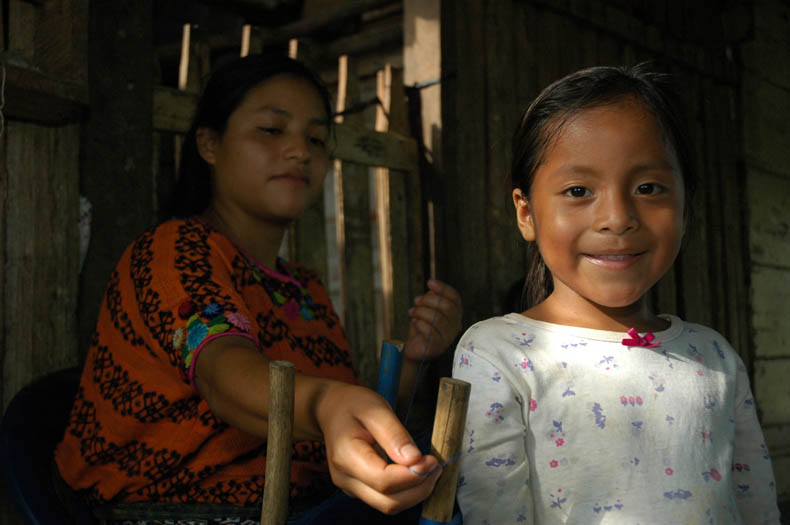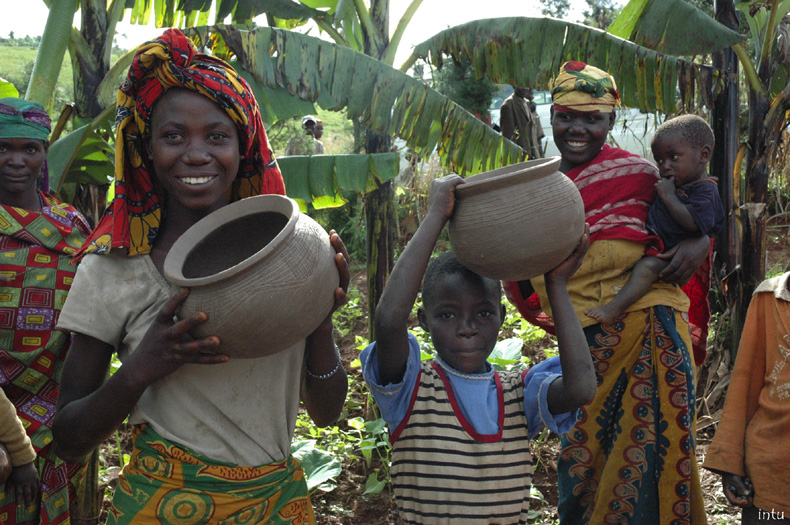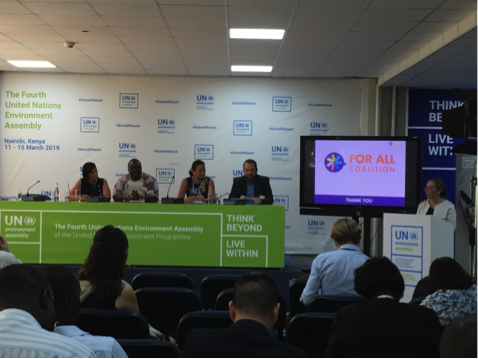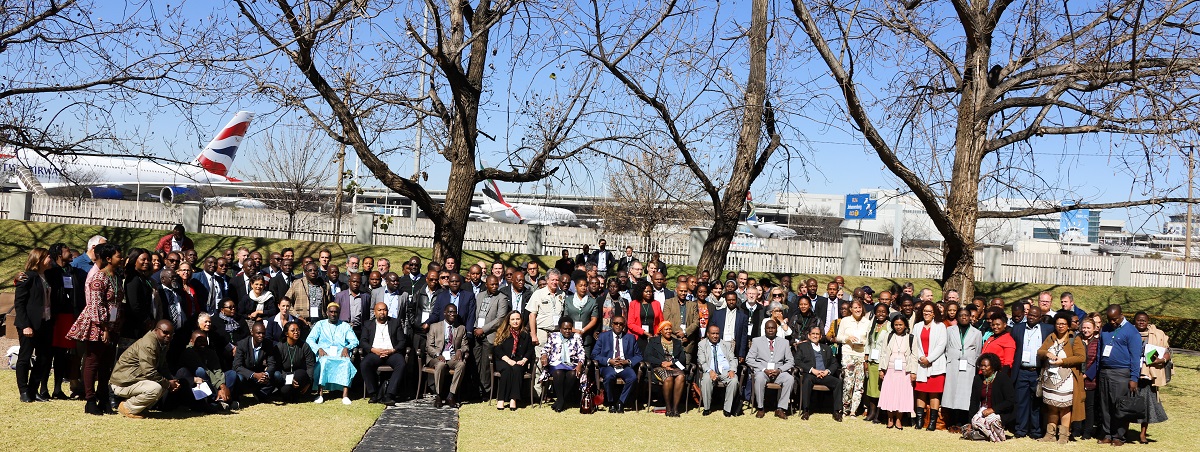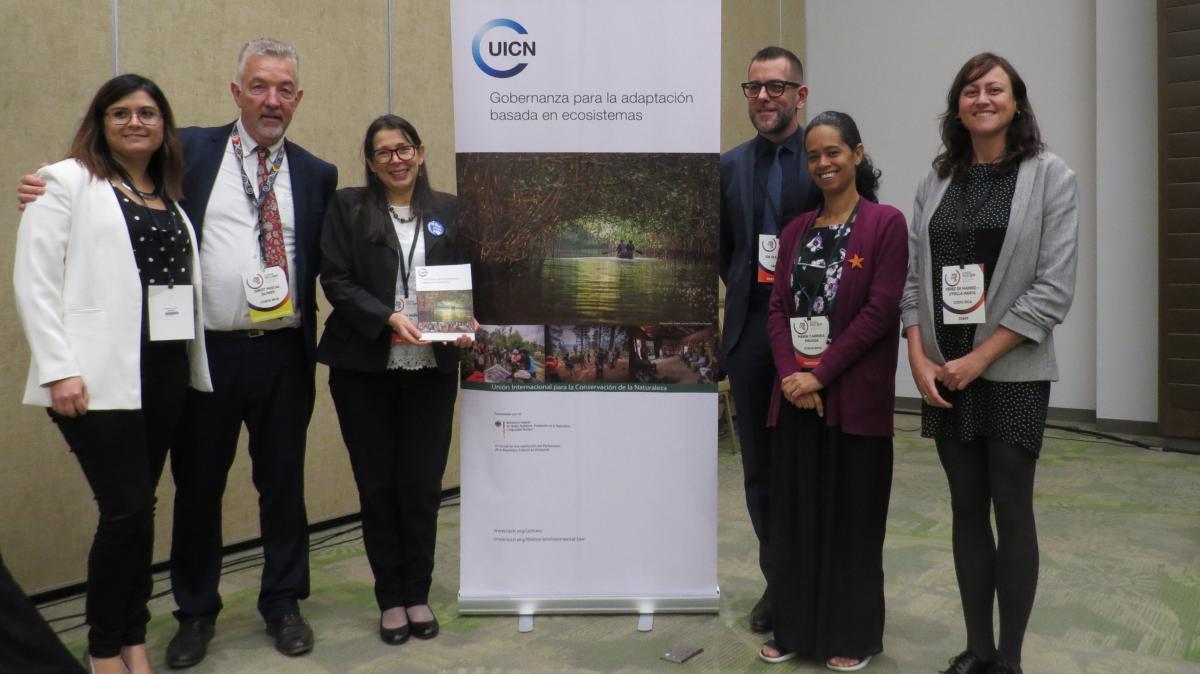IUCN Director General's statement on International Women’s Day 2017
For over a century, the world has come together on 8th March to observe International Women’s Day. Today, as we celebrate International Women’s Day 2017, the world again calls for equality between men and women across all sectors of society.
While tremendous progress has been made by women and girls in society over the years, we still have a considerable way to journey.
The fact remains that as women we still need to fight against gender disparities. We still need to address discriminatory practices in our work places and in our legal systems; we still need to address access to women’s health services and access to quality education; and we still need to address aspects of custody rights, female infanticide, as well as our ability to travel freely and to make decisions over our own destiny. And yes, we still need to deal with tired stereotypes and outdated assumptions.
One area that the world tends to focus less on when discussing gender equity issues is the disparities in the management of our environment and natural resources. But also here there is a considerable to-do list to accomplish before we can claim victory. Despite women’s critical role in the daily management and conservation of nature, women’s participation in decision-making, management and leadership is still often minimal in formal settings, and our contributions are many times seen as less valuable than men’s. Fewer than 20% of landholders globally are women. In fact, in some countries women own less than 2% of the land. Meanwhile, women’s distinctive knowledge and experience as managers of natural resources are often overlooked.
In 2015, the world agreed on the Sustainable Development Goals, and a 2030 deadline to achieve them. Women will be central in realising this ambitious plan, as we often hold the key to improving food security, reducing poverty, tackling climate change and responding to other global challenges.
As farmers and household providers, women directly contribute to agricultural production and food security globally. They are responsible for growing subsistence crops and often have exceptional knowledge of how to use, manage, and govern resources. Women also lead the way towards more equitable and sustainable solutions to climate change. And women directly contribute to reducing poverty, reinvesting, on average, up to 90 % of their incomes back into their own households.
As the world strives to improve living conditions for everyone while at the same time safeguarding our planet’s rich diversity of life, it is time to see women as part of the solution. Failure to achieve gender equality and to harness women’s perspectives, capacities and ideas will inevitably mean failure to achieve sustainable development for our planet and all those who live on it.
Stronger engagement of women could foster new perspectives and innovative solutions. Creating more equitable access to assets and services, such as land, water, technology and financial services, could strengthen women’s rights, increase agricultural productivity, reduce hunger and promote economic growth. The UN Food and Agriculture Organisation (FAO) estimates that eliminating barriers such as unequal access to land by women can raise total agricultural output by up to 4%, and potentially reduce the number of hungry people by up to 17%.
But this is not enough. Real change cannot happen if women continue to face societal and cultural barriers; if we are absent from the decision-making table; and if our insights are ignored or undervalued. Many of the targets of the fifth Sustainable Development Goal, “Achieve gender equality and empower all women and girls” have now set a date for putting an end to this discrimination and making gender parity a reality.
IUCN has a long-standing commitment towards addressing gender-based biases and enhancing women’s empowerment in conservation and sustainable development. Most recently, for example, IUCN’s unique technical expertise and guidance directly contributed to the development of national Climate Change Gender Action Plans in more than 20 countries, including Peru, Zambia and the Dominican Republic. These plans help ensure that women, their innovative strategies and actions, are taken into account in national climate change policies and plans. Going forward, we will continue to guide governments and their stakeholders in the development and implementation of gender-responsive conservation and development policies and programmes.
Over the last two decades, we have come a long way towards creating a more gender-balanced world. Access to health care has improved, and maternal mortality rates have dropped. The education gap between men and women has narrowed, and women’s participation in leadership has increased.
In 2017 we expect men and women across the world to step up and move beyond declarations. A society with empowered women is a safer, healthier and more productive society. We have come a long way; but we still have a long way to go. We know what we need to do and there is no reason for us to wait till 2030 to reach gender parity. Let us work towards making the next International Women’s day a day to acclaim its accomplishment. Now that will make the 8th of March a true day of celebration.
